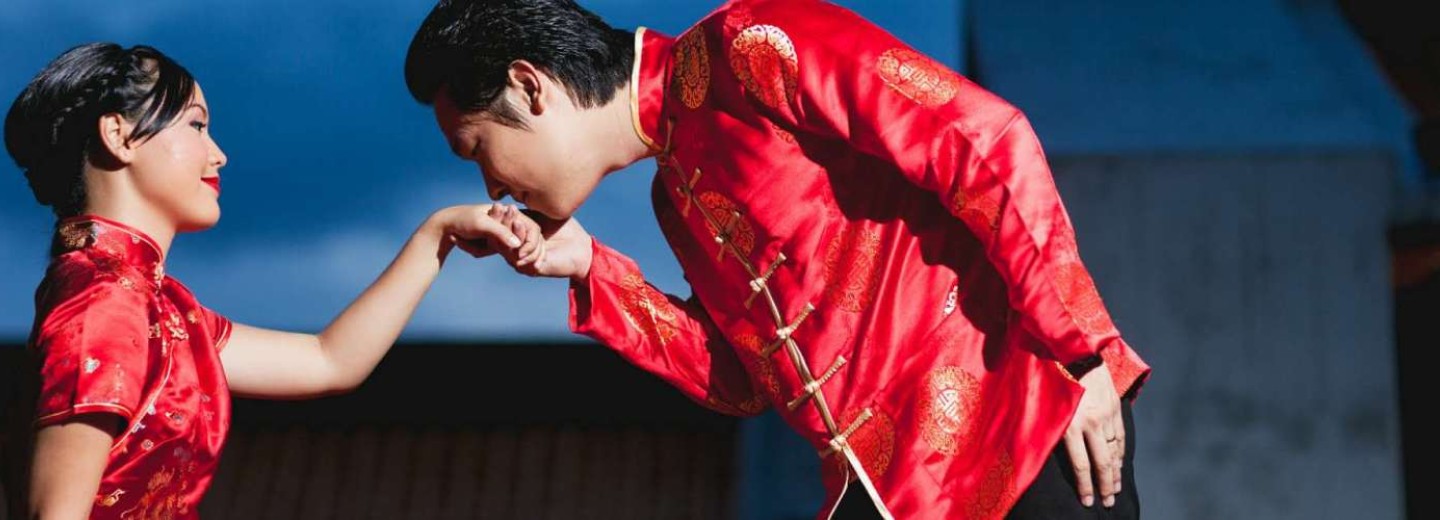China News 15th November 2021
Our first news story this week is about a book examining how ‘maleness’ is exhibited in China. Since the 80s, many books have been published examining the social status of Chinese women, but the research on Chinese masculinity has been close to zero.
Professor Lei Jinqing was the Dean of the Faculty of Arts at the University of Hong Kong. He retired in 2013. During his tenure as Dean, he wrote a book – “Theory of Chinese Male Traits”. He believes that they are different from the mainstream image of Western men. More than ten years after the publication of Theory of Chinese Male Traits, this magazine interviewed Professor Lei Jinqing and then talked to him about the tradition, current situation, and future of Chinese masculinity.
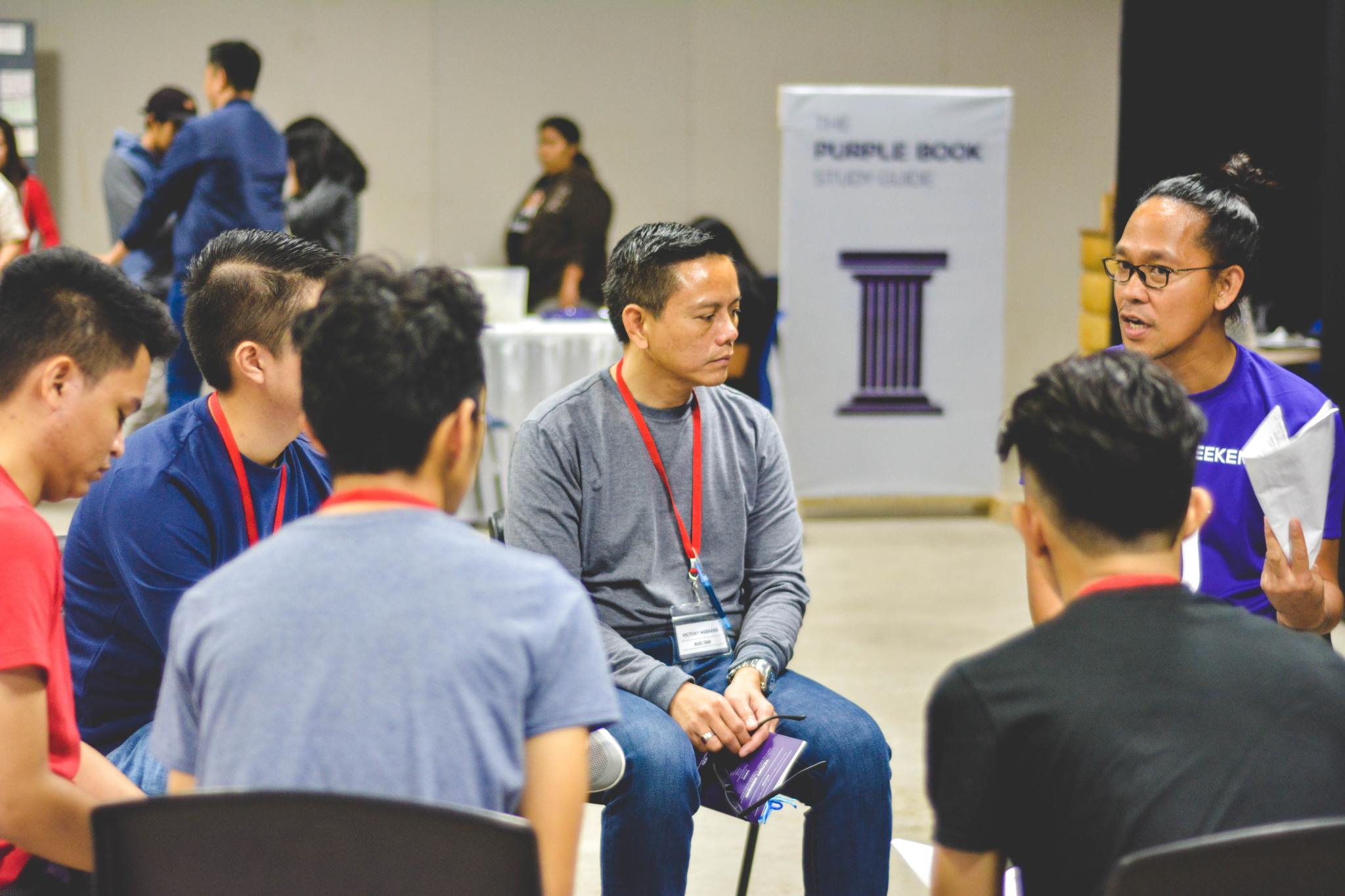
Why is there so little gender research on Chinese men?
Lei Jinqing: In the past, almost all the history was “his-story”, the narrative and record of men. Literature written by men, philosophical thoughts of men – society excluded women. Therefore, men felt that there was no need to reflect on themselves.
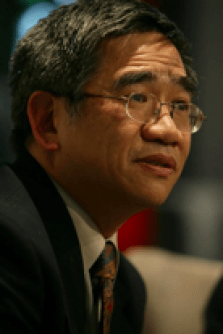
In the 80s, academics conducted a review and found that previous gender studies only focused on the problems and injustices faced by women. Few people asked: What role did men play in this situation? While women were strictly scrutinized, men escaped microscopic observation. As a result, male research began to appear.
How does masculinity show in daily life? What are the special aspects of China’s masculinity?
Manliness is not universal in culture, but varies according to culture, and will change over time. In the stereotype “tough guys” in the West, tenacious, brave, and decisive images have become the basis for European and American men to form male self-concepts. Their masculinity also includes adventurous spirit, violent tendencies, preference for action rather than the study of ideas.
However, this is not suitable for China’s situation. Chinese male culture includesboth culture and martial arts. In traditional Chinese culture, gentle and thoughtful male values partially offset the masculinity of the heroic traditions of martial arts.This phenomenon of checks and balances and offsets is difficult to find in contemporary Western masculinity.
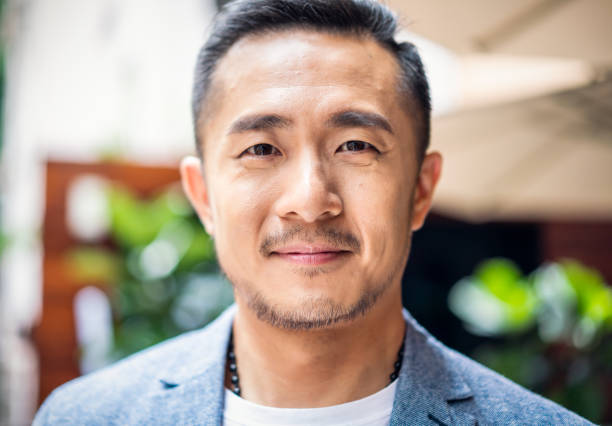
So, what is the ideal Chinese masculinity?
Lei Jinqing: In some historical periods, people’s expectations for the ideal man were both civil and military, while in other periods, people only hoped for one of the two. The rulers of all dynasties dreamed of both culture and martial arts with culture being more important.
In recent years, in Bruce Lee and Jackie Chan’s kung fu movies for example, we have seen a masculinity calling for the image of a “tough guy”. This seems to be contrary to your theory that culture is more important than martial arts.
Lei Jinqing: During that period, overseas Chinese and Hong Kong people under colonial rule long felt that they were regarded as second-class citizens by the West and were often in a weak position. It was difficult for them to highlight masculinity in literature. Therefore, kung fu films that defeated “foreigners” with kung fu were very popular at that time.

I think this trend has continued to some extent over the past 20 years. But also now, China has gained more wealth and vitality so that there is no need to use martial arts to show masculinity. In fact, business success, and political and moral legitimacy, are now more often related to culture.
There are feminist movements in the West, so is there any movement in the West to eliminate male stereotypes?
Lei Jinqing: I think the campaign to let more women hold top leadership positions is a good idea. This is a simple ideal, and it is not impossible to achieve. I think the top leadership in too many countries is still only men.
Source: guoxue.ifeng.com.
We turn now to another era – the spread of western missionaries in China in the Middle Ages.
Outside Fucheng Gate in Beijing, there is a small cemetery surrounded by carved brick walls and green pines and cypresses. In it, a small tombstone is eye-catching. The owner of the tomb is not a revolutionary martyr, a cultural giant, or even a Chinese. His name was Mateo Richie. He was an Italian Jesuit missionary at the turn of the 16th to the 17th centuries.

Ricci came from a medical family. He lived a rich life. In his early years, he joined the Jesuits and became a theologist. Proficient in Italian, Latin, Greek, Spanish and Portuguese, as well as philosophy, theology, and astronomy he possessed a solid foundation for his missionary career.
Catholicism’s desire to expand in the Middle Ages was very strong. Ricci also received such a call. In 1578, he left Portugal and went to preach in the East. His goal was to spread the Catholic gospel to India, Japan, Vietnam, and China. He never returned to his motherland.
Ricci came to China during the late Ming Dynasty. Although the court had allowed foreign trade, it still did not allow foreigners residency rights. This was different from the general openness of the rulers of the Yuan Dynasty to foreigners.
Ricci’s first trick was to obtain the right to settle down by paying bribes. He obtained the right to settle in China by bribing officials of the Ming Dynasty and thus could travel around the country.
The second trick was to get along with officials. Ricci tried his best to learn Chinese and Confucianism theory, and gradually acquired a common language with China’s upper class. Under the introduction of some officials, he successfully entered the social circle of Chinese scholars and doctors. He opened their eyes with rare objects such as astrolabes, prisms, organs, self-ringing bells, etc. brought with the ship to intrigue Beijing officials who had lived in a closed environment for a long time.
His third trick was to obtain the right to preach by donating gifts. Making friends with the literati and bureacrats gave Ricci a chance to get close to the emperor. In the name of presenting European objects, Ricci presented gifts representing of advanced European technology. Ricci’s request to preach in China was quickly approved.
The development of Christianity in China made Ricci’s main purpose of coming to China come true. Throughout Ricci’s career in China, although the process was difficult, he was successful in many ways. However, although he planted the seeds of Western culture in the soil of ancient China, this produced few fruits. Not only were there very few Catholic converts, but also Western missionaries who followed him faced more and more obstacles.
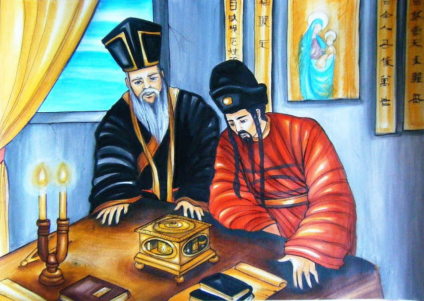
Source: guoxue.ifeng.com.
China’s definition of democracy is different from that of the West. We hear from a senior Chinese official why China and Chinese people have faith in the Chinese Communist Party.
At a recent press conference, the director of the Policy Research Office of the Central Committee of the Communist Party of China, criticized Western electoral democracy as capital-dominated elections, a game of capitalist parties, and democracy for the wealthy.
He emphasized:
Jiang Jinquan said that democratic styles in the world will never be the same. Even among Western countries, the democratic systems and forms of democracy are not exactly the same. It is undemocratic to use a single model to measure the colourful political systems of the world, and to examine the civilization of mankind with the same measure. Which country has good democracy and which country has bad democracy, “should not be judged by a small number of outsiders.
”China recently declared a high-profile determination to promote Chinese-style democracy and compete for the right to speak in democracy. This focuses on the Chinese-style “people’s democracy in the whole process”.
Jiang Jinquan commented that in some Western countries, democracy is showing a hollow and chaotic phenomenon. The people of in these countries are becoming more and more dissatisfied. Yet they wantonly impose their so-called democratic model on other countries.
He also said:
Source: zaobao.com.
Worked on the article:

Wanlikhang


